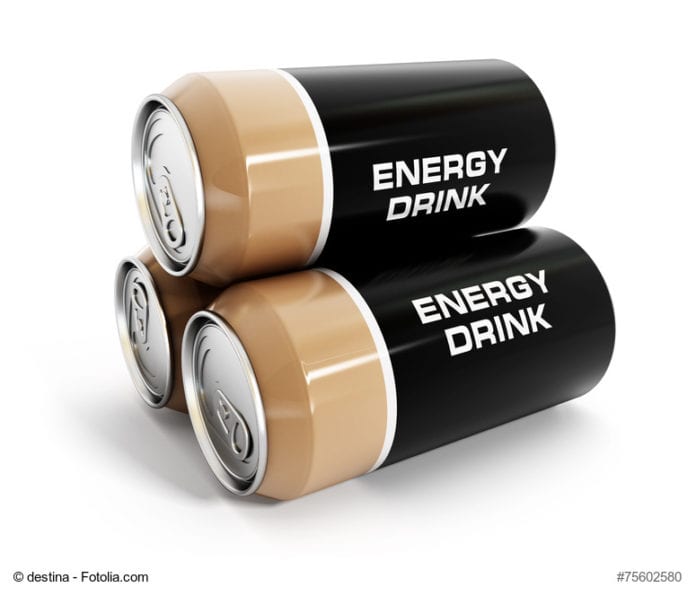New research shows that drinking one 16-ounce energy drink can increase blood pressure and stress hormone responses significantly. This raises the concern that these response changes could increase the risk of cardiovascular events, according to a study presented at the American Heart Association's Scientific Sessions 2015. The findings also are published in the Journal of the American Medical Association.
"In previous research, we found that energy drink consumption increased blood pressure in healthy young adults," says Anna Svatikova, M.D., Ph.D., a Mayo Clinic cardiology fellow and the first author. "We now show that the increases in blood pressure are accompanied by increases in norepinephrine, a stress hormone chemical, and this could predispose an increased risk of cardiac events -- even in healthy people."
Mayo Clinic researchers conducted a randomized, double-blind, placebo-controlled pilot study on 25 healthy volunteers with an average age of 29. Each participant consumed a 16-ounce energy drink and placebo drink within five minutes, in random order, on two separate days, with a maximum of two weeks apart. The placebo drink was similar in taste, texture and color, but lacked caffeine and other stimulants of the energy drink, such as taurine, guarana and ginseng.
In addition to the blood pressure increase in study volunteers, their norepinephrine levels increased by almost 74 percent after energy drink consumption, compared with a 31 percent increase after the placebo drink, Dr. Svatikova says. Systolic blood pressure increased after energy drink consumption by 6 percent, compared to 3 percent with placebo consumption.
"These results suggest that people should be cautious when consuming energy drinks due to possible health risks,"
Dr. Svatikova says. "Asking patients about energy drink consumption should become routine for physicians, particularly when interpreting vital signs in the acute setting."


